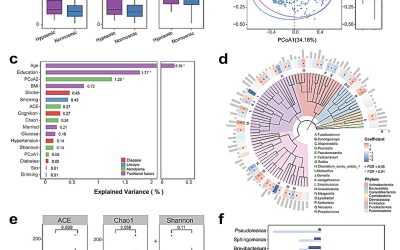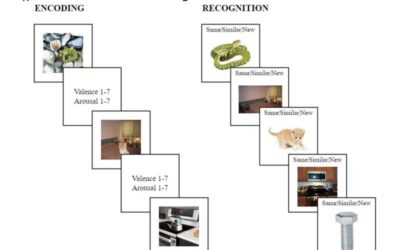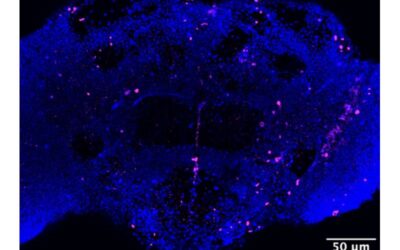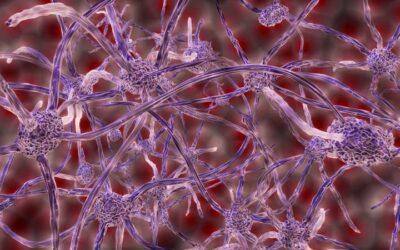The human brain is comprised of two main types of cells, known as neurons and glia. The first are responsible for transmitting electrical and chemical signals, while the latter support and protect neurons.
Gerontology & Geriatrics
Nasal microbiome may help explain link between olfactory dysfunction and cognitive decline
As humans age, particularly after middle age, their brain functions, cognitive abilities and memory can deteriorate to varying degrees. Aging-related disorders marked by cognitive decline, particularly dementia, have become increasingly widespread over the past decades.
Creativity and humor shown to promote well-being in older adults via similar mechanisms
Many people associate aging with a decline in cognitive function, health issues, and reduced activity. Uncovering mental processes that can boost the well-being of the older adults could be highly beneficial, as it could help to devise more effective activities aimed...
Study hints at an early shift towards a more positive attitude in middle-aged people
Past psychology studies have found that on average, older adults tend to view the world in a more positive light than younger adults. People in their 30s to 50s, in fact, often display a negativity bias, which essentially means that they are more prone to remember...
An immune molecule that regulates aging and a living organism’s lifespan
Aging is a natural process that affects all living organisms, prompting gradual changes in their behavior and abilities. Past studies have highlighted several physiological factors that can contribute to aging, including the body's immune responses, an imbalance...
Exploring the potential of the seal-like Paro robot in an elderly care setting
In recent years, many roboticists and psychologists have been assessing the value of social robots as companions and assistants for older adults. Although some findings suggest that they could be useful, so far, they have only been implemented in a few elderly care...
Functional connections between different brain networks can predict a person’s age
Neuroscientists have been trying to understand for decades how the human brain changes over the lifespan. This could ultimately help to devise more effective treatments for neurological and cognitive disorders primarily observed in the elderly.






